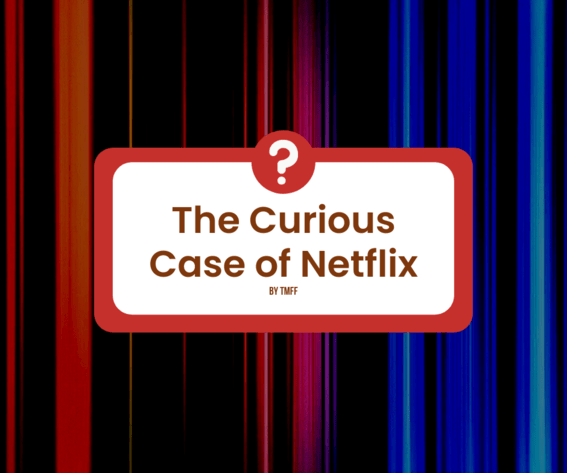Netflix is the name that became pretty much synonymous with the (legal) online streaming of films and TV shows. Phrases such as ‘Netflix and chill’ became quite prominent neologisms, and account sharing schemes became some of the most complex and volatile low-key business arrangements of the 2010s. Despite that, many more were figuring out that Netflix offered a huge library of entertainment, thus making torrent downloads a too inconvenient task, and cable TV already being a relic from the past, Netflix grew and grew. An overwhelming majority of businesses suffered during the pandemic, but not Netflix – who gained huge numbers of subscribers whilst almost everything else was falling apart.
❝Netflix reported a loss of around 200,000 subscribers compared to Q4❞
What the subscriber boom of 2020 did was lure Netflix into a false sense of security about present and future growth. And, months after the first significant subscription price hike in two years, after an announced clamp-down on password sharing practices that seemingly hindered growth, Netflix oversaw a significant subscriber loss. Netflix reported a loss of around 200,000 subscribers compared to Q4, and the war in Ukraine and subsequent restrictions for Russia led to an extra estimated loss of 700,000 subscribers. All of which eventually led to a significant plunge of Netflix’s stock valuation, which lost a good chunk of its hard-earned gains, and shed a mantle of doubt over whether the exponential growth of the past couple of years can still continue.
One reality that Netflix is only more recently learning to accept and face is competition. In its incipient as well as maturity phase, Netflix didn’t have to fight off much competition from rival streaming platforms. However, in the last couple of years specifically, others have started gaining a foothold in the online streaming market: Amazon, HBO, Apple TV and Disney to just name the biggest ones. And, what these competitors have done is to position themselves as much cheaper alternatives to Netflix. Amazon Prime is coupled with Prime’s other benefits in terms of goods delivery. HBO Max, while not exceling in volume, offers very high quality content. Disney Plus definitely has the better library when it comes to animation films, and banked its rise on Star Wars – and Baby Yoda more specifically. Apple TV is fresh from winning the Best Picture Oscar for CODA, a feat that Netflix is yet to replicate despite being around for much longer. All of these are important considerations that might have provided more attractive packages to different target audiences – price, quality and genre sensitive ones.
❝Is their current asking price really that high?❞
How much of a pickle is Netflix really in? Enough to consider some radical changes – or rather, extras. In terms of password sharing, they are currently running a pilot project in Costa Rica, Chile and Peru, and depending on the results they might choose to roll out similar methods worldwide. They want a better and smoother user experience, and thus they already introduced the double like button in order to further improve the recommendation algorithm. Most importantly, they want to keep investing heavily in quality productions, and for that reason they want to go in for the big bucks: advertisements within the platform. Of course, they are by no means the only ones considering such an extra subscription model – virtually all platforms, apart from Apple TV, have announced plans to tap into this. This would allow Netflix to charge a significantly lower price for this type of subscription, thus catering to the more price-sensitive users who would still want to benefit from the huge library that Netflix boasts – which current competitors cannot really replicate. One may ask, is their current asking price really that high? I would say absolutely not, considering that it offers unlimited entertainment, especially if we compare it to the price of a dinner out, a cinema ticket or a Spotify subscription. Where will it go, in the end – we can only wait and see.
















